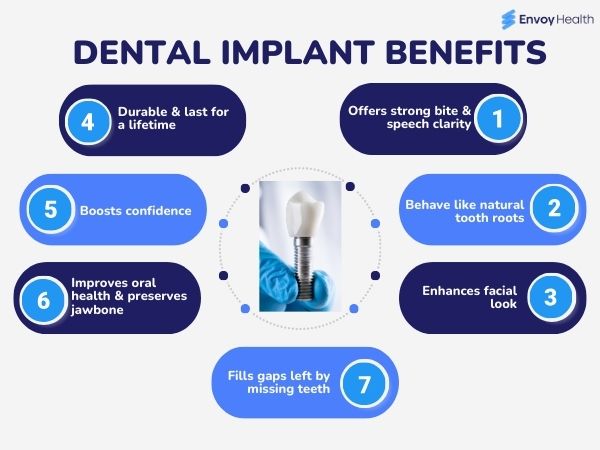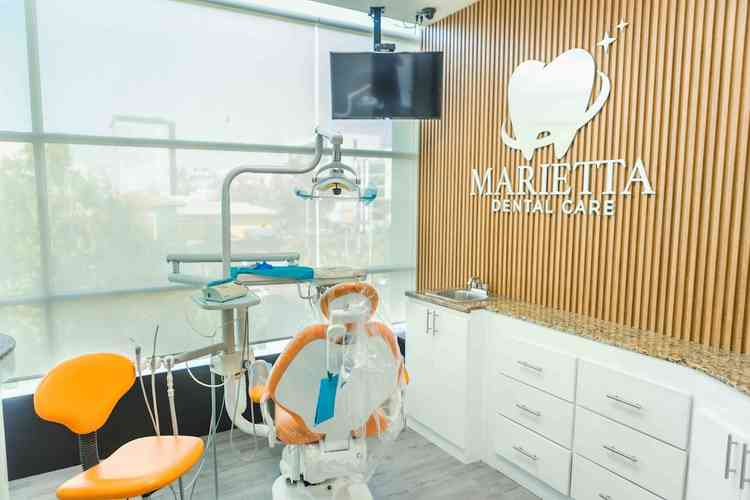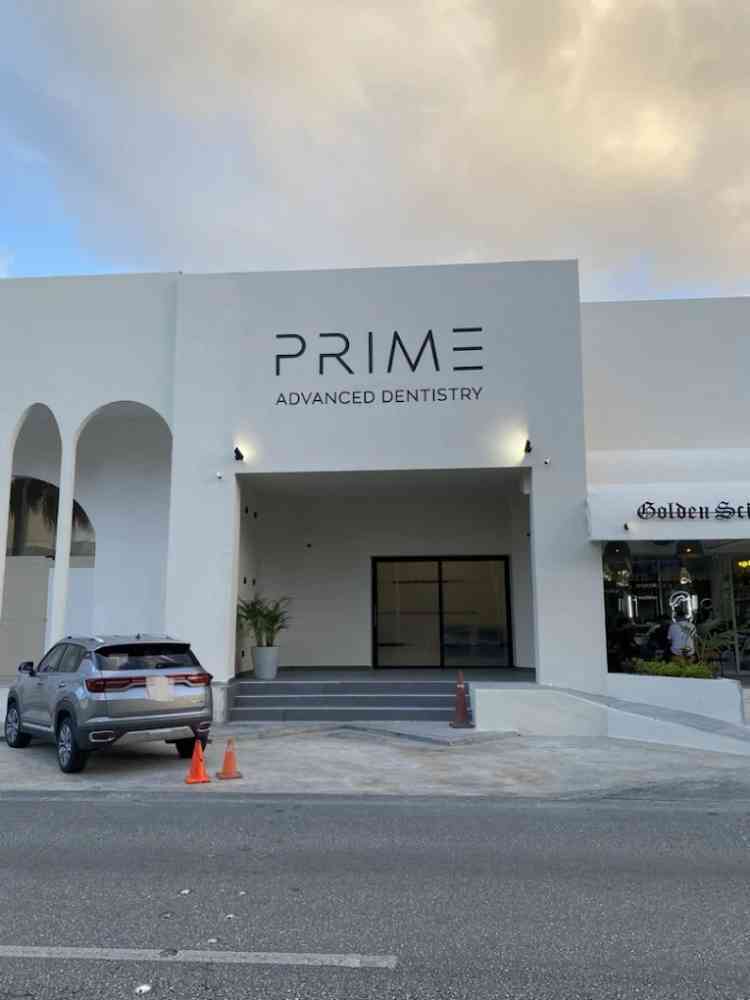A Simple Guide on How To Get Dental Implants Covered by Medical Insurance

Prathyusha Itikarlapalli
- Content Writer

Gustavo Moreno Vargas
- Reviewed by

Key Takeaways
- Dental implants are quite expensive, but insurance partially covers the costs for medically necessary implants, making the treatment more affordable. All-on-4 dental implants covered by insurance significantly reduce the cost burden.
- Insurance plans from Delta Dental, MetLife, Guardian, and Anthem cover 10-50% of costs, with a wait period of 6-18 months. The annual maximum, deductibles, coverage, and wait periods vary among providers.
- Lowering your implant costs with insurance is all about strategy. Stick to in-network dentists, use preventive benefits, stage treatments across benefit years, secure pre-authorization, and compare providers to balance affordability with quality care.
A Brief on Dental Implants
Dental implants are a reliable, lifetime solution to deal with missing teeth problems. Dentists fix metal implant posts into the jaw to support the artificial teeth, whether the dental crowns, bridges, or dentures. Implants resemble metal screws, and within the jawbone, they function like natural tooth roots. They form a strong, sturdy bond with the surrounding jawbone through osseointegration, ensuring they last for a lifetime. Depending on the number of fallen teeth, dental implants vary in their number and type. One can plan for single implants or a couple of them when the missing teeth are sparse. However, many plan for full mouth rehabilitation with implants when there are multiple missing teeth. Either four, six, or eight implants support full-arch dentures. Patients choose between all-on-4, all-on-6, 3-on-6, or all-on-8 implant systems in these cases.
Benefits of Dental Implants
Dental implants offer numerous benefits, including the following:
- Behave like natural tooth roots.
- Improves oral health by preserving the jawbone.
- Offers strong bite and speech clarity.
- Enhances facial appearance by preventing sunken or sagging cheeks.
- Fills the gaps left by the fallen teeth and prevents adjacent teeth from drifting in.
- Stay for a lifetime due to excellent durability and osseointegration.
- Boosts confidence and uplifts the quality of life.

How Much Does It Cost To Get Dental Implants?
Getting single implants costs between $3,000 and $5,000, while full mouth rehabilitation with implants can cost anywhere between $20,000 and $50,000 in the United States. Note that implant treatment prices vary based on several factors, including the type, number, brand, prosthesis type, location, and the dentist chosen for treatment. Generally speaking, single implants are quoted on a per-implant basis, and the costs of the crown and abutment will be additional. It's similar for full arch restorations, where the abutment and denture costs are added to the implant costs. Below, we tabulated the implant costs for a better understanding.
Dental implant costs
|
Implant type |
Cost in the US |
|
Single titanium implant (with abutment and crown) |
$3,000-$5,000 |
|
All-on-4 implants (with abutments and full arch prosthesis) |
$25,000-$30,000 |
|
All-on-6 implants (with abutments and full arch prosthesis) |
$26,000-$32,000 |
|
All-on-8 implants (with abutments and full-arch prosthesis) |
$30,000-$60,000 |
|
3-on-6 implants (with abutments and 3 bridges) |
$22,000-$40,000 |
#Costs may vary slightly depending on the case.
Factors Affecting Dental Implant Treatment Costs
The following factors influence the dental implant treatment costs:
- Implant number: The more missing teeth, the more implants required. For instance, one or two missing teeth would require a single implant, while multiple missing teeth would necessitate 4-6 implants, thereby increasing the treatment costs.
- Type and brand: Implants made from premium materials, such as zirconium, cost more than those made from titanium. Furthermore, implant brands such as Straumann, Nobel Biocare, and Osstem are more expensive than the generic brands.
- Additional procedures: Some candidates require procedures such as tooth extraction, bone grafting before the implant procedure. These will make the jaws ready for the upcoming implants. This will add up to the treatment costs.
- Clinic location: Expect higher costs at clinics located in metropolitan areas due to higher overhead and operational expenses. In contrast, clinics in rural areas often have lower maintenance costs, and dentists there may charge less for the same procedures.
- Surgeon’s expertise: Certified and experienced dental specialists charge higher prices compared to inexperienced dentists. However, the results one can expect with an experienced dentist are accurate.
Does Health Insurance Cover Dental Implant Surgery?
Most health insurances do not cover dental implant surgery, considering it a cosmetic or elective procedure. Certain health insurance policies may offer coverage for implants fixed in cases of medically necessary conditions, such as accidents. While the conditions and percentage of coverage vary with the policy, it's crucial to verify the terms and conditions before treatment.
When Are Dental Implants Covered by Medical Insurance?
Medical insurance with an add-on for major dental surgical procedures offers coverage for dental implants used to replace teeth lost because of an accident, medical condition, or trauma. Situations involving tooth loss due to an accident or injury, particularly those associated with hospitalization. However, a licensed medical expert should determine the implants as a critical necessity, and neglect can lead to fatality.
What Insurance Covers Dental Implants?
Consider investing in insurance policies from reputable companies such as Delta Dental, MetLife, Guardian, and Anthem. Opting for a full coverage plan with these insurance providers can partially cover the treatment costs. Practically, there is no dental insurance that covers implants 100 percent. Most of them offer 10-50% coverage after you pay the deductible.[1] The basic plans generally cover only preventive care, while the comprehensive or full coverage plans cover implants. Partial coverage refers to up to 50% implant costs. Note that the annual maximums, deductibles, and wait periods considerably vary with the provider.
Factors Influencing the Insurance Coverage and Out-of-Pocket Costs for Dental Implants
Insurance coverage for dental implants varies with the plan type, coverage percentage, additional procedures, and your dentist's specific recommendations. While some insurance plans partially cover implants, the coverage varies considerably depending on the plan chosen. Further, most insurers treat additional procedures, such as tooth extractions, sinus lifts, or bone grafts, as separate services. These are often excluded from implant coverage, meaning you’ll need to pay for them out of pocket. Additionally, choosing out-of-network dentists incurs extra charges for most insurance providers. Many of them offer maximum coverage benefits for choosing in-network providers.
How To Reduce the Out-of-Pocket Expenses?
Here are a few methods to reduce out-of-pocket expenses when planning dental implants with insurance.
- Select a dentist in your insurance provider's network.
- Utilize preventive care benefits, including cleanings, examinations, and X-rays, to minimize the need for additional procedures.
- Stage your implant treatment across annual years to maximize the benefit.
- Secure your pre-authorization and plan your implant treatment.
- Compare costs among a few dentists and choose the ones offering reasonable prices without compromising on quality.
How Do You Know the Best Dental Insurance for Implants?
The “best” plan is the one that balances your coverage needs, treatment timeline, preferred dentist, and budget. A plan that appears affordable on paper may not be beneficial if it has a low annual maximum or a lengthy waiting period. It's crucial to weigh the following factors before choosing the best dental insurance for implants.
- Coverage percentage is the portion of the implant cost that the insurance provider will cover. Most insurance plans cover around 10-50% of implant treatment costs. Always verify whether the coverage applies to the entire treatment, including the implant, abutment, and crown, or just a portion of it.
- The annual maximum is the highest maximum amount the insurer will pay towards your dental care in one benefit year.
- A deductible is the amount you must pay to the dentist for treatment before your insurance coverage applies.
- The wait period is the mandatory timeframe you must wait after purchasing the policy and receiving your treatment. Most insurers mandate a wait period of 6-18 months. Generally, the longer the waiting period, the lower your monthly premium will be. If you need implants sooner, look for plans with minimal or no waiting period.
- Plan flexibility refers to the freedom you have in choosing between out-of-network and in-network dentists. Not everyone is willing to switch dentists just for the sake of insurance coverage. Most insurers require you to choose an in-network dentist to maximize your coverage. However, choosing a flexible plan allows you to select an out-of-network dentist, although out-of-pocket expenses may apply.
How To Get Dental Implants Covered by Insurance?
In order to obtain the costs for dental implants covered by insurance, you need to:
- Carefully review your insurance policy and know the terms, conditions, exclusions, and limitations.
- Be aware of the details regarding pre-authorization, annual maximums, and deductibles.
- Obtain the pre-approval from your dentist. It should include what makes the implant procedure a medical necessity for you and how it improves your oral health condition. This provides a clear understanding of how your implant treatment is a medical necessity, not solely for cosmetic purposes.
- Submit the pre-authorization documents to your insurance provider. Ask any relevant questions about the waiting periods and other queries regarding deductibles and coverage.
- Obtain a written approval from your insurer about the procedure.
Alternative Options if Dental Insurance Does Not Cover Implants
If your insurance does not cover implants, there are still several options to manage the cost. Many dentists offer financing plans that allow you to pay for treatment in monthly installments, making the procedure more affordable. Some clinics also offer in-house membership plans where you will have to pay an annual fee in exchange for discounted rates on major procedures, including implants. Discount dental plans are another alternative, providing immediate savings on treatments at participating providers. If implants remain financially out of reach, low-cost alternatives such as bridges and dentures can serve as functional and aesthetic replacements. Additionally, patients with access to a Health Savings Account (HSA) or Flexible Spending Account (FSA) can use pre-tax dollars to cover implant-related expenses, further reducing out-of-pocket costs. Since not all dentists accept these options, it’s important to confirm with your provider in advance.
Final Word!
Finding the right plan can feel overwhelming, but understanding how coverage works helps you make smarter choices. From knowing what percentage of costs are covered to checking waiting periods, annual maximums, and dentist networks, every detail matters. If you’re searching for how to get dental implants covered by medical insurance near me, start by reviewing local insurance providers, comparing plan benefits, and asking your dentist about accepted policies. With the right guidance, you can reduce out-of-pocket expenses and make implants more affordable.
Sign up with Envoy Health today and let us guide you through your options for better coverage and greater cost savings. With Envoy Health, you won’t have to manage dental insurance and treatment planning on your own. We’ll be with you every step of the way.
References
Disclaimer
The information in this article is for educational purposes only and does not replace medical advice. Always consult your doctor before starting any treatments.
To prove that dental implants are medically necessary, you will need a detailed letter from your dentist explaining the reason for your implants. This should include a comprehensive diagnosis of your oral condition, along with an assessment of its potential impact on oral health. The diagnosis should be based on detailed dental X-rays and a review of the complete medical history.
To have your medical insurance cover dental implants, you must verify the terms and conditions of your dental insurance plan. Obtain the required pre-authorization documents, submit them to your insurance provider, and obtain an approval document before planning your implant treatment.
Candidates with one or more missing teeth, a healthy jawbone, and sound oral and overall health make you eligible for dental implant treatment. Conditions such as diabetes, gum problems, or autoimmune diseases make you an unsuitable candidate. However, to get implants covered by insurance, your treatment must be medically deemed.
Insurance covering the implant 100 percent does not exist. Most of them offer coverage between 10% and 50% of treatment costs. The right percentage that applies to your case varies depending on the insurance and the dentist you choose (in-network or out-of-network).
So, we partner with the premier healthcare facilities!
Send me the list








